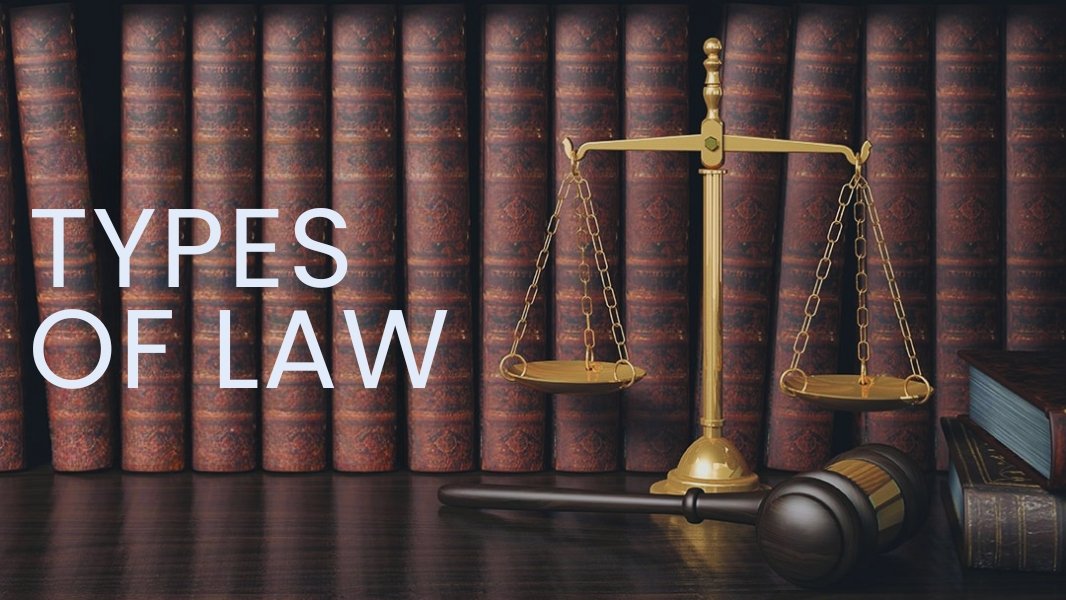Types of Law: Comprehensive Guide
The legal system is a framework of rules and regulations designed to maintain order and peace within society. It ensures the efficient and peaceful handling of social and economic exchanges, while also protecting the rights and obligations of individuals and groups. Essentially, laws serve as the primary mediator in interpersonal disputes.
Every nation and state has its own unique legal structure. The legal system is composed of various categories of law, which form the basis for interpreting and administering justice. Common types of law include constitutional law, common or case law, statutory law, equity law, civil law, criminal law, and administrative law. In addition to these, there are other specific laws such as admiralty law, bankruptcy law, and banking & finance law.
Different Types of Law
This section explores the various fields of law that you may consider pursuing both before and after your law studies.
Constitutional Law
The Indian Constitution, approved by the Constituent Assembly on November 26, 1949, and effective from January 26, 1950, serves as the Republic’s legal foundation. It establishes a federal parliamentary system of governance with certain unitary elements.
With 470 articles, 12 schedules, 105 amendments, and 117,369 words, the Indian Constitution is the longest written constitution in the world. As of March 2024, there are approximately 893 central laws, according to the Legislative Department of the Ministry of Law and Justice, Government of India.
Constitutional law, the highest form of legislation, sets forth the fundamental values and regulations guiding a country or state. It defines the parameters of the legal system, safeguards individual rights, and specifies the authority and limits of various government branches. As the supreme body of legislation in a jurisdiction, a constitution forms the basis for all other laws.
Statutory Law
Statutory law refers to laws enacted by a governing authority to protect the legal system and impose penalties for violations. The primary goals of statutory law are to ensure justice for the public and minimize external harm. Statutory laws are distinguished from common law, which evolves through judicial decisions.
Some notable statutory laws include the Civil Procedure Code (1908), Indian Penal Code (1860), Government of India Act (1919), Motor Vehicle Act (1988), Indian Contract Act (1872), Right to Information Act (2005), and Criminal Procedure Code (1973).
Civil Rights Law
Civil law governs personal affairs and encompasses a broad range of legal issues, including contract law, property law, tort law, and family law. For instance, contract law deals with the creation, enforcement, and redress of contract violations, while family law addresses matters like marriage, child custody, divorce, inheritance, and maintenance. Property law focuses on the rights and obligations related to the ownership, possession, and transfer of property. Consumer protection law safeguards consumer rights and resolves disputes between consumers and businesses.
Property Law
Property law, a branch of civil law, deals with citizens’ property rights and limitations. It governs the rights related to the use or transfer of personal and real property. Personal property includes movable and tangible (or intangible) assets like cars, furniture, and stocks, while real property refers to immovable properties such as buildings and land.
Key laws governing property in India include the Indian Contract Act (1872), Transfer of Property Act (1882), and the Indian Easement Act (1882).
Family Law
Family law in India encompasses a variety of laws that regulate family matters such as inheritance, marriage, and divorce. Legal recognition of interpersonal relationships creates enforceable rights and responsibilities. India’s diverse family laws include the Indian Christian Marriage Act (1872), Hindu Marriage Act (1955), Muslim Women (Protection of Rights on Divorce) Act (2019), and Dissolution of Muslim Marriages Act (1939).
Criminal Law
Criminal law deals with behaviors deemed harmful, dangerous, or detrimental to health, property, safety, or welfare. Most criminal laws are established by statute, and those who violate these laws are subject to punishment and rehabilitation. Criminal law focuses more on punishment or rehabilitation, while civil law emphasizes victim compensation and dispute resolution.
Equity Law
Equity law, a fundamental aspect of Indian law, comprises judicial maxims, theories, and principles that enhance statutory law by addressing its rigidity and limitations. Influenced by various legal systems, equity in India includes remedies like specific performance, constructive trusts, and injunctions. Equity protects individual rights and mitigates the harshness of common law by considering each case’s specifics to achieve a fair balance within the legal system.
Administrative Law
Administrative law governs administrative actions, defining the responsibilities, structure, and authority of administrative bodies. It includes laws related to the quasi-judicial functions of administrative agencies, rule-making authority, judicial oversight of administrative actions, and public accountability. Administrative law, a branch of public law, regulates interactions between individuals and their government, ensuring administrative agencies operate within legal boundaries.
Case/Common Law
Common law, derived from court decisions rather than statutes or written legislation, relies on judicial precedents. In a common law system, subordinate courts follow the rulings of superior courts. Common law evolves through court rulings and similar tribunal decisions, shaping the legal system based on judicial precedents rather than legislative acts or executive orders.
Final Takeaways
The different fields of law discussed above collectively support the global legal system. Each branch plays a crucial role in maintaining order and justice. Constitutional law establishes governmental boundaries and fundamental principles, while common and statutory laws delineate specific rights and responsibilities. Civil law governs property rights and personal affairs, and criminal law addresses offenses against society. Together, these types of law create a unified and robust legal framework that protects individual liberties and promotes societal harmony.



